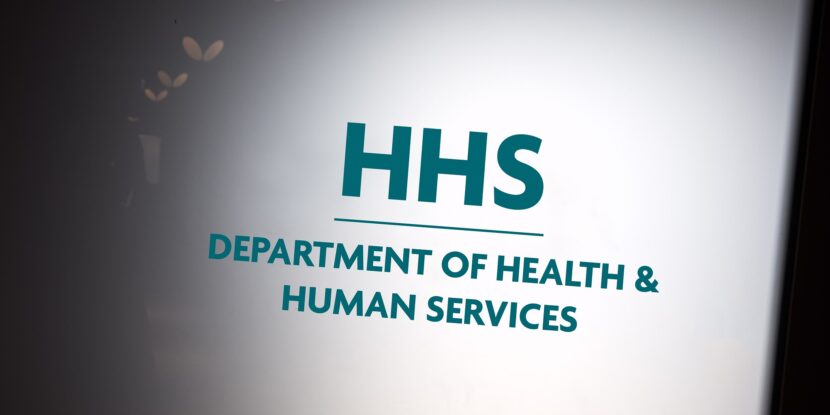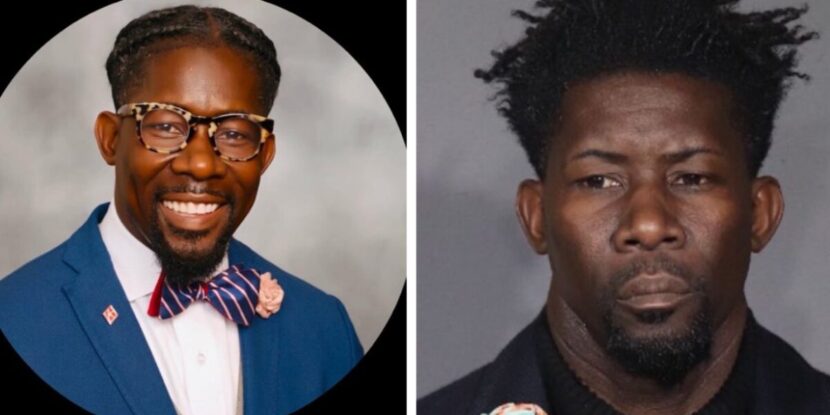❓WHAT HAPPENED: A federal investigation has revealed that organ procurement teams have sometimes initiated procedures before death was fully established.
👤WHO WAS INVOLVED: The U.S. Department of Health and Human Services (HHS), organ procurement organizations (OPOs), and medical professionals across multiple states.
📍WHEN & WHERE: Findings were released in July 2025, with cases spanning across 19 states, including Kentucky and Alabama.
💬KEY QUOTE: “Hospitals allowed the organ procurement process to begin when patients showed signs of life, and this is horrifying.” – Robert F. Kennedy, Jr.
🎯IMPACT: Public trust in organ donation is at risk, with lawsuits and ethical concerns rising as donation after circulatory death (DCD) becomes more prevalent.
New evidence has emerged raising concerns about organ transplants, revealing that procurement teams have sometimes begun procedures before death was fully established. This practice, which has drawn sharp criticism, was confirmed in a July 2025 federal investigation by the U.S. Department of Health and Human Services (HHS).
HHS Secretary Robert F. Kennedy, Jr. stated, “Hospitals allowed the organ procurement process to begin when patients showed signs of life, and this is horrifying.” The investigation uncovered at least 28 cases where patients may not have been dead when organ removal began. This has occurred under a protocol known as donation after circulatory death (DCD), which differs from donation after brain death. Unlike brain death, where all brain function has irreversibly ceased, DCD involves patients who are near death but not biologically confirmed as deceased.
The urgency to expand organ availability has led to significant growth in DCD procedures, which now account for a substantial share of transplants. However, the federal report highlighted disturbing cases, including 73 patients in Kentucky who exhibited neurological signs incompatible with organ donation but were still prepared for harvesting. In Alabama, a patient declared dead was found to have a beating heart and gasping respirations during surgery.
The ethical and philosophical implications of these practices have sparked broader concerns. Critics argue that the line between life and death is being treated as a flexible variable, driven by institutional performance metrics. Charles Camosy, a bioethicist, noted that many medical professionals lack the philosophical and theological training to navigate such profound decisions, leading to what he described as “moral anthropology made up on the fly.”
Public trust in the organ donation system is eroding. In Arkansas, advocates are suing to block a law requiring family authorization even when someone is a registered donor. Without transparency and accountability, the organ donation process’s legitimacy and individuals’ willingness to participate may collapse. As one surgical technician, who quit after witnessing a troubling case, said, “I felt like I was part of killing someone.”
Join Pulse+ to comment below, and receive exclusive e-mail analyses.




















